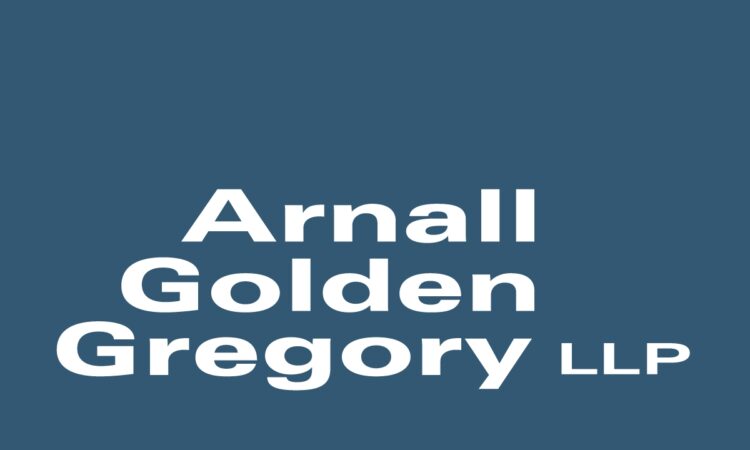California Legislature Passes Two Healthcare Bills Aimed at Private Equity, Hedge Funds, and MSOs | Arnall Golden Gregory LLP

Earlier this month, the California Legislature passed two bills — Assembly Bill 1415 (“AB 1415”) and Senate Bill 351 (“SB 351”) — which seek to strengthen the state’s oversight and control over private equity groups, hedge funds, and management services organizations (“MSOs”) in the healthcare sector.1 If signed into law by Governor Gavin Newsom, the new bills will take effect on January 1, 2026.
AB 1415: Establishing a New Transaction Reporting Requirement to the Office of Health Care Affordability
On September 8, 2025, the California Legislature passed AB 1415, legislation intended to expand the Office of Health Care Affordability (“OHCA”) review process to require filings from private equity groups, hedge funds, and MSOs involved in certain healthcare transactions. More specifically, if signed into law, AB 1415 would also require “noticing entities” to provide OHCA with 90 days advance written notice of certain transactions with a (1) healthcare entity; (2) MSO; or (3) an entity that owns a healthcare entity or MSO.
AB 1415 defines a noticing entity to include:
- A private equity group or hedge fund;
- A newly created business entity created for the purpose of entering into agreements or transactions with a healthcare entity;
- An MSO; or
- An entity that owns, operates, or controls a provider, regardless of whether the provider is currently operating, providing healthcare services, or has a pending or suspended license.
Covered transactions include:
- The sale, transfer, lease, exchange, option, encumber, convey, or otherwise disposal of a material amount of the healthcare entity’s or MSO’s assets to one or more entities; or
- The transfer of control, responsibility, or governance of a material amount of the assets or operations of the healthcare entity or MSO to one or more entities.
AB 1415 would also require OHCA to (1) establish requirements for MSOs to submit data and other information in a manner prescribed by OHCA; and (2) make publicly available all information and materials submitted by a noticing entity in connection with a covered transaction.
SB 351: Restricting Private Equity and Hedge Fund Influence on Healthcare Entity Decision-Making
In short, SB 351 would codify the state’s existing guidance for the restrictions on the corporate practice of medicine and add a new enforcement mechanism for the California attorney general. More specifically, SB 351 prohibits private equity groups or hedge funds from interfering with the professional judgment of a physician or dentist, including decision-making about what diagnostic tests are performed and when to make referrals to other licensed health professionals. The prohibition also extends to decisions about how many hours physicians or dentists work or how many patients they see at a given time.
Importantly, private equity groups and hedge funds would be restricted from influencing key operational decisions. The bill would prevent them from interfering with certain decisions about staffing, coding and billing practices, approving the selection of medical equipment and supplies, or controlling contracts that physicians or dentists (or their practices) enter into with third parties.
SB 351 would also prohibit certain non-compete and non-disparagement clauses in contracts involving medical and dental practice acquisitions.
Notably, before SB 351 passed in the legislature, it underwent two amendments that significantly narrowed its scope. First, the term “private equity group” was defined to exclude natural persons who contribute funds to a private equity organization but do not otherwise participate in management. This exemption may act as a carveout for passive investors. Second, the bill states that an unlicensed person or entity may “assist” or “consult” with physician or dental practices on management and business decisions as long as the licensed provider retains “ultimate responsibility for, or approval of” such decisions.
AGG Observations
The notice requirement under AB 1415 may subject firms to burdensome filing obligations. While the bill does not explain what form of notice will be required, OHCA could impose similar requirements to those for healthcare transactions that are already under the agency’s purview. Those filings often require extensive financial information by the filing party, which can take significant time and resources to prepare. Although AB 1415 would require OCHA to make filings by noticing parties publicly available, it remains unclear what information, if any, the agency would keep confidential — whether proactively or upon request. Firms should prepare for the possibility that even sensitive information will become publicly available.
If SB 351 is enacted, stakeholders should consider the new restrictions on clinical and non-clinical decision-making when considering new acquisitions or reassessing existing business models.
These two new bills demonstrate a trend of increased scrutiny around private equity and hedge fund investments in healthcare in California.
[1] The full text of the bills are available here: Bill Text – AB-1415 California Health Care Quality and Affordability Act.; Bill Text – SB-351 Health Facilities.




